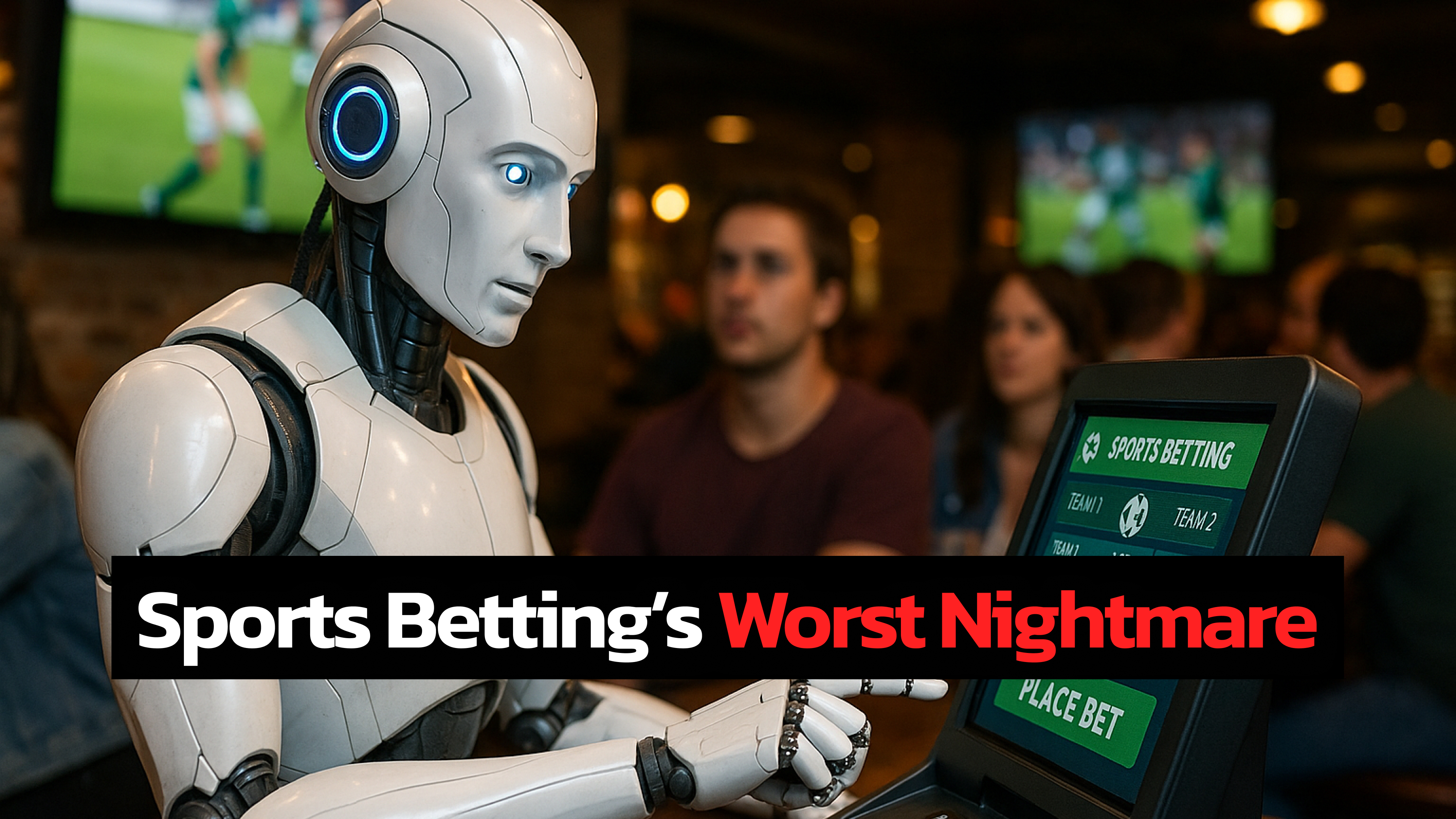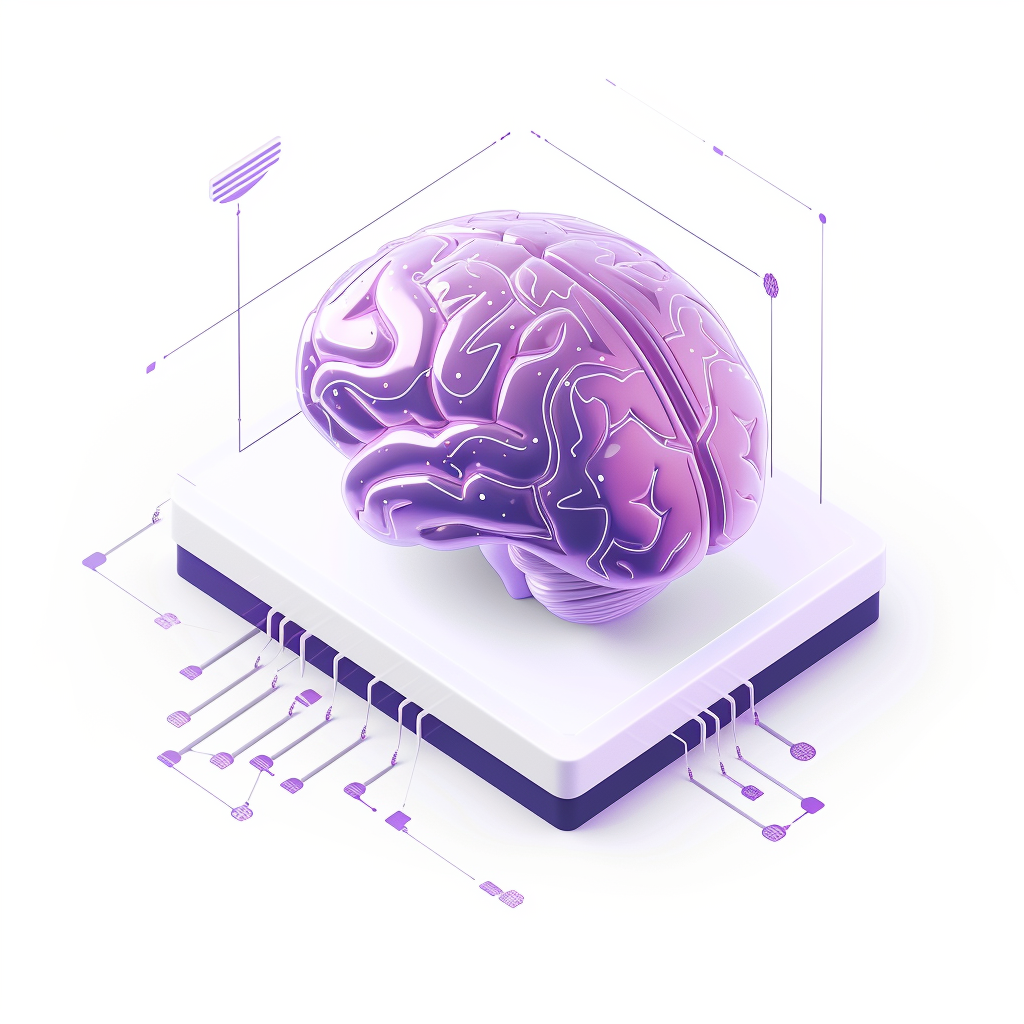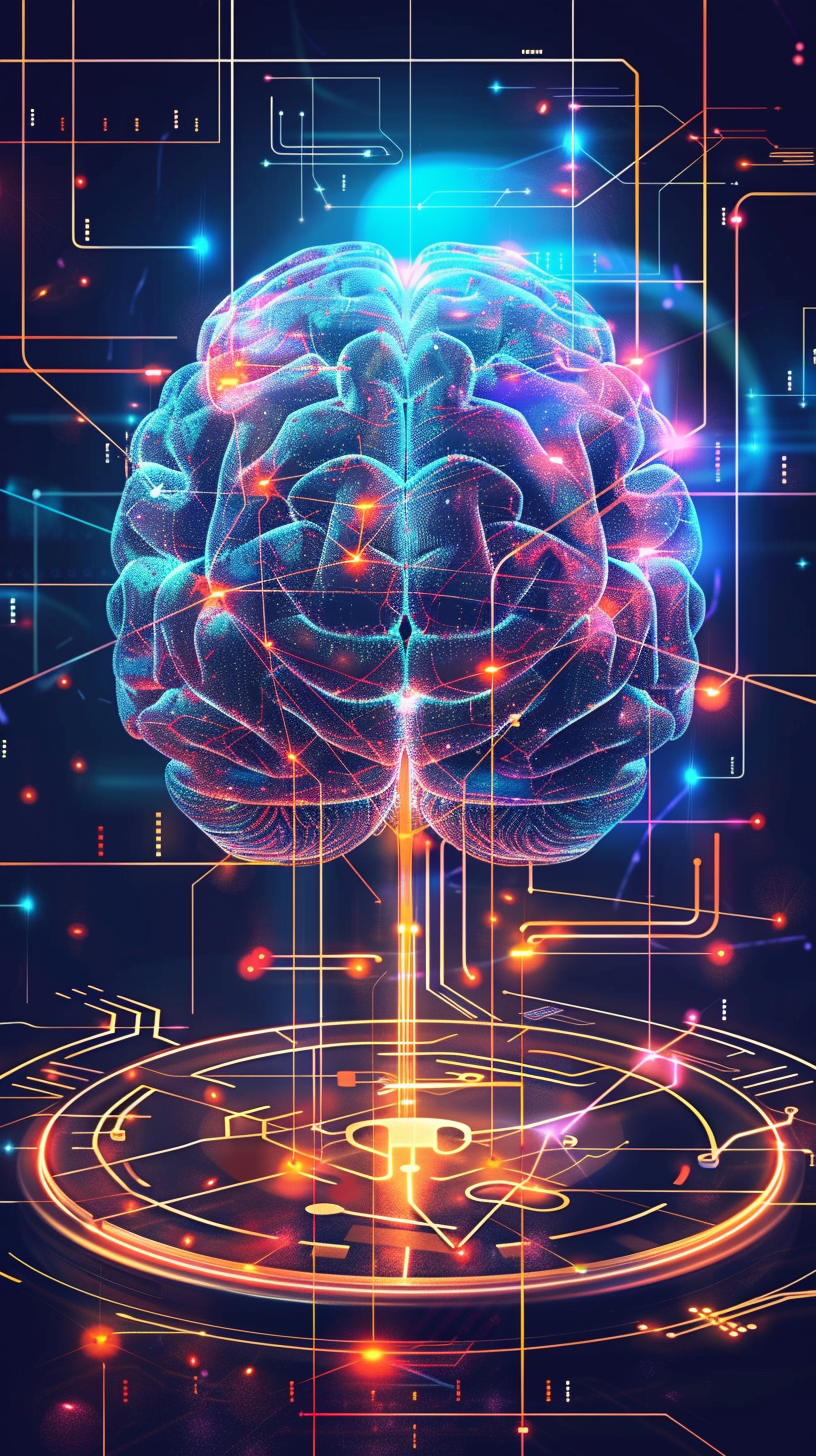Forget lucky guesses and gut feelings! AI is storming the multi-billion dollar sports betting world with predictive powers so accurate it’s threatening to break the whole system. Are we witnessing the dawn of unbeatable betting bots that will bankrupt bookies and change sports forever? The odds are in, and they look terrifying for the traditional betting game.
Artificial Intelligence is no longer just a buzzword; it’s a disruptive force tearing through industries, and the lucrative world of sports betting is squarely in its sights. Tech startups and sophisticated data scientists are now leveraging AI’s unparalleled ability to analyze vast datasets and identify subtle patterns to make sports predictions with a level of precision once thought impossible. This isn’t just about getting a slight edge; it’s about developing AI systems that could fundamentally undermine the very foundations of the sports betting industry, an industry built on uncertainty and the thrill of the unpredictable. The question on everyone’s lips: can the house survive when the player is an all-knowing AI?
The AI Betting Revolution
Traditional sports betting has always involved a mix of knowledge, intuition, and luck. Punters study team form, player injuries, historical data, and even weather conditions to make their picks. Bookmakers, in turn, use their own statistical models and expert oddsmakers to set lines that ensure profitability. However, AI is introducing a new, formidable player to this high-stakes game – one that can process more data, identify more complex correlations, and learn from its mistakes at superhuman speed.
AI-powered betting systems work by ingesting and analyzing an enormous range of data points. This includes not just obvious factors like past game scores and player statistics, but also more nuanced information such as player sentiment from social media, biometric data from wearable sensors (where available and ethical), and even the impact of specific coaching strategies or referee assignments. Advanced machine learning algorithms, including deep learning neural networks, can then identify incredibly subtle patterns and predictive signals that would be invisible to human analysts. As Votreradio.com highlights, these AI-powered startups are revolutionizing the industry with real-time analytics and advanced machine learning.
The result is predictions that are not just good, but potentially too good. While no system can predict the future with 100% certainty due to the inherent randomness in sports, AI models are consistently demonstrating the ability to outperform traditional betting methods and even professional oddsmakers in certain scenarios. This isn’t just about picking winners; it’s about identifying value bets where the bookmaker’s odds don’t accurately reflect the true probability of an outcome, as understood by the AI.
Is AI Making Sports Betting Predictable?
The nightmare scenario for the sports betting industry is the emergence of AI systems that are so consistently accurate that they effectively “solve” betting markets. If an AI can reliably identify profitable betting opportunities with a high degree of certainty, it could lead to a situation where a small number of sophisticated AI users systematically drain money from bookmakers. This could make it unprofitable for bookmakers to operate, leading to market collapse or, at the very least, a radical transformation of how betting is conducted.
While we may not be at the stage of a truly “unbeatable” bot just yet, the trend is clear. Reports of AI predicting NFL game outcomes with high accuracy and even AI models predicting Kentucky Derby favorites are becoming more common. These aren’t just parlor tricks; they represent the growing power of AI in predictive analytics. The concern is that as these models become more refined and more widely accessible, the very concept of “beating the house” could shift from a gambler’s dream to an AI’s everyday reality.
The potential for AI to make sports betting too predictable also raises questions about the integrity and excitement of sports themselves. If outcomes become too easy to predict, or if betting markets are dominated by emotionless algorithms, it could diminish the thrill and engagement for casual fans and bettors. The digitization era has already disrupted traditional betting models, and AI is the next wave of this disruption.
The Reaction of Betting Industry
The sports betting industry is not standing idly by as AI threatens to upend its business model. Bookmakers are themselves investing heavily in AI and machine learning, both to improve their own odds-setting capabilities and to detect and counter sophisticated AI-driven betting strategies. It’s becoming an AI arms race, with bookmakers trying to stay one step ahead of the increasingly intelligent algorithms being deployed by professional bettors and tech-savvy syndicates.
Some of the strategies being employed by bookmakers include:
- Advanced Anomaly Detection: Using AI to identify unusual betting patterns that might indicate the use of sophisticated predictive models or insider information.
- Dynamic Odds Adjustment: Rapidly adjusting odds in real-time based on betting volumes and AI-driven risk assessments to minimize exposure to sharp bettors.
- Account Restrictions and Bans: Limiting or closing the accounts of bettors who consistently win large amounts, a controversial practice that is likely to become more common as AI-driven betting becomes more prevalent.
- Investing in Counter-AI: Developing their own AI systems designed specifically to identify and neutralize the strategies used by betting bots.
However, it’s a constant cat-and-mouse game. As bookmakers develop more sophisticated defenses, AI betting systems will also become more advanced, learning to mimic human betting patterns or to exploit new, more subtle market inefficiencies. The economic shifts and AI disruption are being felt across various sectors, and sports betting is no exception.
Addiction, Manipulation, and Ethical Nightmares
Beyond the potential for AI to break the financial model of sports betting, there are also significant ethical concerns. The increased precision of AI could exacerbate problem gambling. If AI-powered tools make it seem easier to win, or if they are marketed as “can’t-lose” systems, it could lure vulnerable individuals into betting more than they can afford, leading to devastating financial and personal consequences.
The potential for market manipulation is another serious concern. Sophisticated AI could be used to place strategic bets designed to manipulate odds, creating artificial arbitrage opportunities or defrauding unsuspecting bettors. The speed and complexity of AI-driven trading could make it difficult for regulators to detect and prevent such manipulation.
Furthermore, the data used to train these AI models raises privacy questions. If AI systems are scraping personal data, player biometrics, or other sensitive information to gain a predictive edge, it could represent a significant violation of privacy. Ensuring that AI betting systems are developed and used ethically, with appropriate safeguards and regulatory oversight, is a critical challenge. The push for AI safety is a broader concern that definitely applies to its use in high-stakes environments like betting.
The Future of Sports Betting
So, what does the future hold for the sports betting industry in the age of hyper-intelligent AI? Several scenarios are possible:
- An Ongoing Arms Race: Bookmakers and AI bettors continue to try and outsmart each other, leading to increasingly complex and opaque markets.
- Increased Regulation: Regulators step in to impose limits on the use of AI in betting, or to mandate transparency in how AI models are used to set odds or make predictions.
- Market Transformation: The nature of sports betting changes fundamentally. Perhaps there will be new types of bets that are harder for AI to predict, or a shift towards more entertainment-focused betting experiences rather than purely financial ones. The arrival of crypto sportsbooks is one such transformation, often integrating AI analytics.
- Decline of Traditional Bookmaking: If AI makes it impossible for traditional bookmakers to operate profitably, we could see a consolidation of the industry or a shift towards different models, such as peer-to-peer betting exchanges where AI might play a different role.
One thing is certain: the sports betting industry cannot ignore the AI revolution. Adaptation and innovation will be key to survival. This might involve embracing AI as a tool for enhancing their own operations, creating new and engaging betting products, or finding ways to coexist with increasingly sophisticated AI-powered bettors. As NEXT.io reports on quarterly results, the financial health of these companies is under constant scrutiny, and AI is a major factor in their future.
Conclusion
The old adage “the house always wins” is facing its toughest challenge yet. Artificial intelligence, with its uncanny ability to find patterns and predict outcomes, is not just knocking on the door of the sports betting industry; it’s threatening to kick it down. While the dream of an AI that can perfectly predict every sporting event remains in the realm of science fiction for now, the reality is that AI is already providing a significant, and potentially insurmountable, edge to those who can wield it effectively.
If AI’s precision continues to grow at its current pace, the entire sports betting ecosystem could be thrown into chaos. Bookmakers could face financial ruin, the thrill of the unknown that draws many fans to sports could be diminished, and the ethical implications of hyper-intelligent betting bots could create a regulatory nightmare. The game is changing, the stakes are higher than ever, and AI is holding a royal flush. The sports betting industry needs to decide whether it’s going to fold, call, or try to bluff its way through the AI revolution. One thing’s for sure: the final whistle on this match-up is a long way off, and the outcome is anything but certain.







